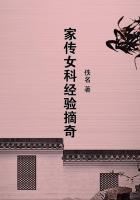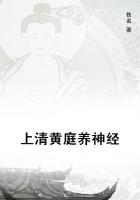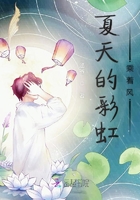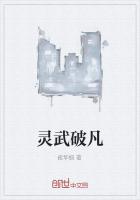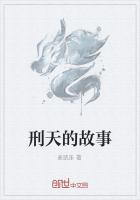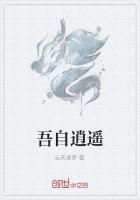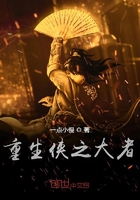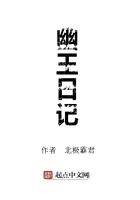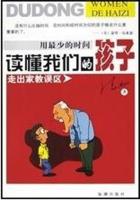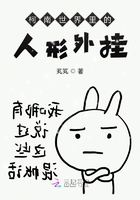Bunyan's was the old legend of Sir Bevis of Southampton, which in all probability gave him the first idea of his 'Pilgrim's Progress.' One of the best prelates that ever sat on the English bench, Dr. John Sharp, said--"Shakspeare and the Bible have made me Archbishop of York." The two books which most impressed John Wesley when a young man, were 'The Imitation of Christ' and Jeremy Taylor's 'Holy Living and Dying.' Yet Wesley was accustomed to caution his young friends against overmuch reading. "Beware you be not swallowed up in books," he would say to them; "an ounce of love is worth a pound of knowledge."Wesley's own Life has been a great favourite with many thoughtful readers. Coleridge says, in his preface to Southey's 'Life of Wesley,' that it was more often in his hands than any other in his ragged book-regiment. "To this work, and to the Life of Richard Baxter," he says, "I was used to resort whenever sickness and languor made me feel the want of an old friend of whose company Icould never be tired. How many and many an hour of self-oblivion do I owe to this Life of Wesley; and how often have I argued with it, questioned, remonstrated, been peevish, and asked pardon; then again listened, and cried, 'Right! Excellent!' and in yet heavier hours entreated it, as it were, to continue talking to me; for that I heard and listened, and was soothed, though I could make no reply!" (13)Soumet had only a very few hooks in his library, but they were of the best--Homer, Virgil, Dante, Camoens, Tasso, and Milton. De Quincey's favourite few were Donne, Chillingworth, Jeremy Taylor, Milton, South, Barrow, and Sir Thomas Browne. He described these writers as "a pleiad or constellation of seven golden stars, such as in their class no literature can match," and from whose works he would undertake "to build up an entire body of philosophy."Frederick the Great of Prussia manifested his strong French leanings in his choice of books; his principal favourites being Bayle, Rousseau, Voltaire, Rollin, Fleury, Malebranche, and one English author--Locke. His especial favourite was Bayle's Dictionary, which was the first book that laid hold of his mind;and he thought so highly of it, that he himself made an abridgment and translation of it into German, which was published. It was a saying of Frederick's, that "books make up no small part of true happiness." In his old age he said, "My latest passion will be for literature."It seems odd that Marshal Blucher's favourite book should have been Klopstock's 'Messiah,' and Napoleon Buonaparte's favourites, Ossian's 'Poems' and the 'Sorrows of Werther.' But Napoleon's range of reading was very extensive. It included Homer, Virgil, Tasso; novels of all countries; histories of all times;mathematics, legislation, and theology. He detested what he called "the bombast and tinsel" of Voltaire. The praises of Homer and Ossian he was never wearied of sounding. "Read again," he said to an officer on board the BELLEROPHO--"read again the poet of Achilles; devour Ossian. Those are the poets who lift up the soul, and give to man a colossal greatness." (14)The Duke of Wellington was an extensive reader; his principal favourites were Clarendon, Bishop Butler, Smith's 'Wealth of Nations,' Hume, the Archduke Charles, Leslie, and the Bible. He was also particularly interested by French and English memoirs--more especially the French MEMOIRES POUR SERVIR of all kinds.
When at Walmer, Mr. Gleig says, the Bible, the Prayer Book, Taylor's 'Holy Living and Dying,' and Caesar's 'Commentaries,' lay within the Duke's reach; and, judging by the marks of use on them, they must have been much read and often consulted.
While books are among the best companions of old age, they are often the best inspirers of youth. The first book that makes a deep impression on a young man's mind, often constitutes an epoch in his life. It may fire the heart, stimulate the enthusiasm, and by directing his efforts into unexpected channels, permanently influence his character. The new book, in which we form an intimacy with a new friend, whose mind is wiser and riper than our own, may thus form an important starting-point in the history of a life. It may sometimes almost be regarded in the light of a new birth.
From the day when James Edward Smith was presented with his first botanical lesson-book, and Sir Joseph Banks fell in with Gerard's 'Herbal'--from the time when Alfieri first read Plutarch, and Schiller made his first acquaintance with Shakspeare, and Gibbon devoured the first volume of 'The Universal History'--each dated an inspiration so exalted, that they felt as if their real lives had only then begun.
In the earlier part of his youth, La Fontaine was distinguished for his idleness, but hearing an ode by Malherbe read, he is said to have exclaimed, "I too am a poet," and his genius was awakened.

